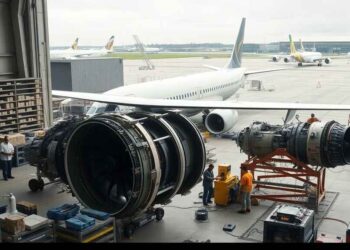Clariant, Haltermann and Mercedes-Benz have partnered on an initiative to fleet test a second generation bio fuel that will provide optimal driving performance, while reducing CO2 emissions.
The ‘sunliquid20’ is a 20% cellulosic ethanol solution, which comes from Clariant’s sunliquid demonstration plant in Straubing, where 4,500t of agricultural residues are converted into cellulosic ethanol annually.
Haltermann’s plant in Hamburg will then mix the bioethanol with selected components to make the new fuel, the specifications of which demonstrate potential European E20 fuel quality.
Over the next year, test fleet vehicles will be refilled with the new fuel at a specially equipped gas station on the Mercedes-Benz site in Stuttgart-Untertürkheim.
Production of the new cellulosic ethanol is CO2-neutral, and saves nearly 100% of carbon emissions compared to gasoline, without competing with food production.
The fuel also received a high octane number (RON) of over 100, guaranteeing optimal efficiency.
Clariant Biotechnology Group head Andre Koltermann said: “Cellulosic ethanol is a genuinely sustainable and advanced biofuel of the latest generation.
“The fleet test will demonstrate that the fuel is ready for market and technically compatible with in series vehicles at a blending rate of 20% with super gasoline.”
Daimler, owner of Mercedes-Benz, Engine, Powertrain, and Fuel Injection director Peter Lueckert said that the company sees great potential in second generation biofuels with regards to sustainability and reduction of greenhouse gases.
“Petrol with 20% ethanol can already be used easily in our latest Mercedes-Benz BlueDIRECT petrol engines. This offers ideal potential for best efficiency and high greenhouse gas savings.”

































